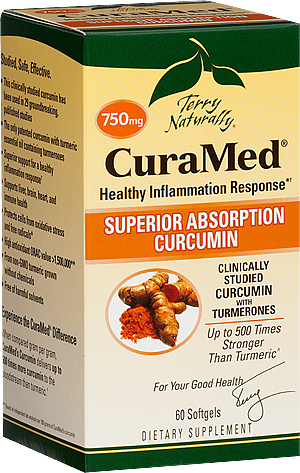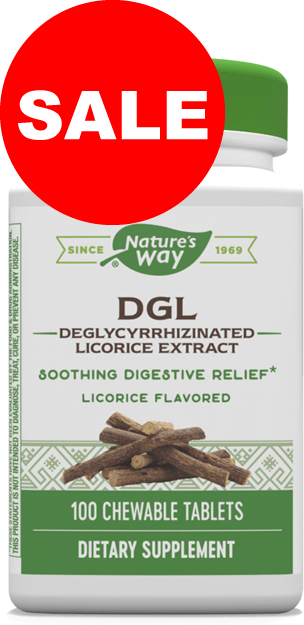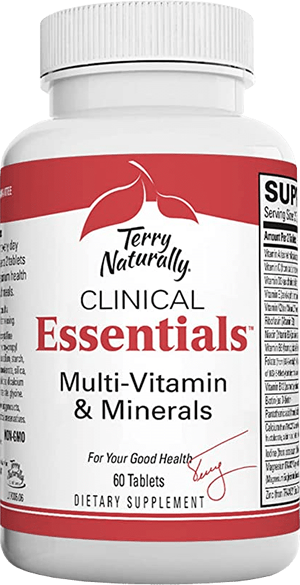Curcumin vs. Omeprazole for Heartburn, Which Is Better?
Vitality101 Newsletter
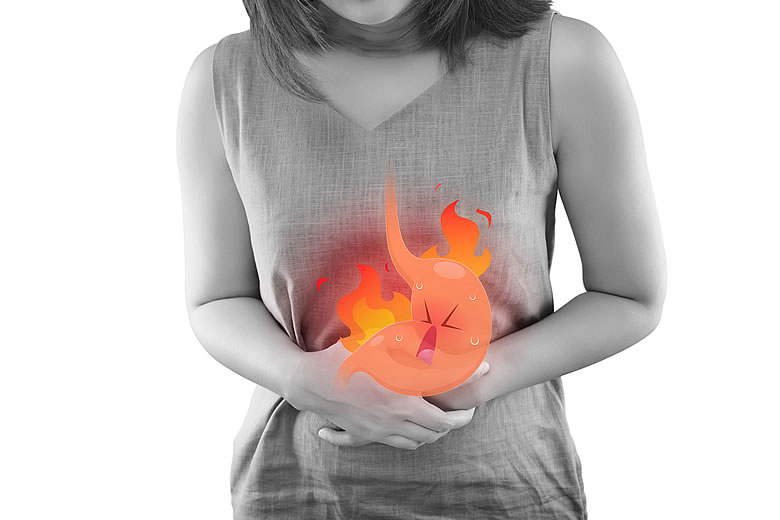
Hello Reader,
Research on the treatment of heartburn published in BMJ Evidence-Based Medicine has shown that the herbal extract curcumin (500 mg four times a day) and the PPI acid blocker omeprazole (Prilosec, 28 mg once daily) produced comparable results over a two-month period. These findings represent the first head-to-head comparison demonstrating the efficacy of curcumin in treating functional dyspepsia compared with omeprazole.
This finding is good news for the 60 million Americans who suffer from heartburn symptoms at least once a month, not to mention the 15 million who suffer from it every day.
Heartburn symptoms are onerous, including burning in the chest after eating at night, pain that worsens when lying down or bending over, or bitter or acidic taste in the mouth. Contributors to the discomfort are often spicy or acidic foods, alcohol, and caffeinated beverages.
To optimize digestive health, I recommend:
- CuraMed® 750 mg, 1-2x day.
- DGL licorice to heal the stomach’s protective lining. Chew 1 extra-strength tablet 20 minutes before a meal. May take up to 3 extra-strength tablets per day.
- CompleteGest® digestive enzymes, 2 capsules with larger meals. Speeds digestion so food doesn't just sit there and reflux back up.
If in addition to the above, medication is initially needed, I strongly recommend Pepcid (famotidine) 20-40 mg instead of PPI acid blockers (e.g., omeprazole or esomeprazole) which IMHO are quite toxic for long-term use.
All four of the above can be used together, and over time. After 2-3 months of healing the stomach, these can then be used as needed.
Podcast: A Step-By-Step Action Plan For Recovery from Long Covid (Part 2)
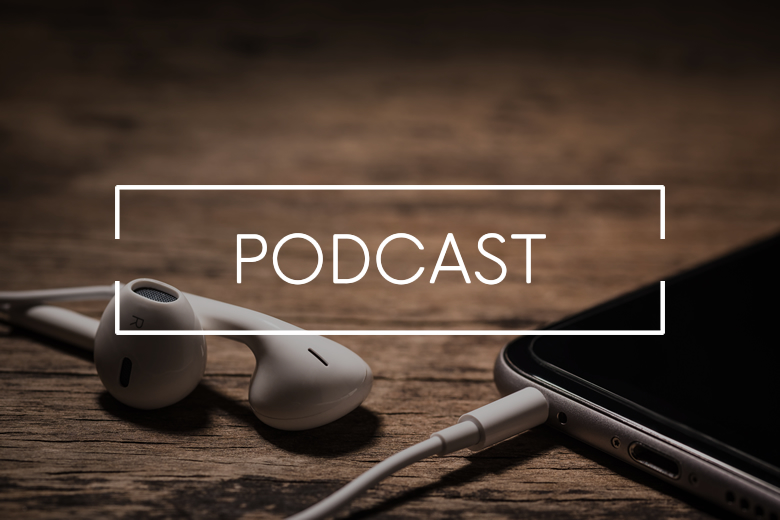
In this two-part interview on the "Intelligent Medicine Podcast," Dr. T speaks with host Dr. Ron Hoffman about Long COVID, and Dr. T's approach of blending natural therapies with judicious use of medications to explain how recovery can be achieved.
We published part 1 of this podcast in our previous newsletter. Here is part 2.
Featured This Week
CuraMed® 750 (60 ct)
Healthy inflammation response, superior absorption curcumin, more powerful than plain curcumin or turmeric.* Winner of the 2015 Vity Award for Best Antioxidant in the Vitamin & Mineral Category.
(MSRP $60.95)
DGL
Licorice extract tablet. Supports healthy digestive system and helps provide relief and support for the stomach lining and intestinal tract.*
(MSRP $18.99)
Clinical Essentials™ — The Next-Best Substitute for the Energy Revitalization System™ Vitamin Powder
Nature's Way® has stopped making the Energy Revitalization System™ Vitamin Powder. Dr. T is exploring possibilities to have a new company take over manufacturing it. In the meantime, he recommends switching to Clinical Essentials™ tablets as the next-best daily multivitamin you can take.
(MSRP $31.95)
AI Generated Art Is Amazing

Generative Artificial Intelligence (AI) has been getting a lot of press lately. Software engines using large language models (LLMs), such as ChatGPT, are demonstrating astonishing ability to author well-written long-form responses to short human prompts. Even original stories, poems and songs.
A little less talked about but equally amazing are new generative AI engines capable of creating original works of art, also based solely on text prompts. Input a descriptive text of anything you want to see and within seconds out pops your vision. New worlds, fantasy characters, ultra-realistc scenery. Literally anything. The three shown above are examples created using the AI platform Midjourney. The image on the right was created by simply entering the words "vintage rustic watercolor cars on street, city, old, New York, warm tones autumn landscape white background." Wow!

Jacob Teitelbaum, M.D. is one of the most frequently quoted post viral CFS, fibromyalgia, energy, sleep and pain medical authorities in the world. He is the author of 12 books including You Can Heal from Long Covid, the best-selling From Fatigued to Fantastic!, Pain Free 1-2-3, The Complete Guide to Beating Sugar Addiction, Real Cause Real Cure, The Fatigue and Fibromyalgia Solution, and the popular free Smart Phone app Cures A-Z. He is the lead author of eight research studies and three medical textbook chapters on effective treatment for fibromyalgia and chronic fatigue syndrome. Dr. Teitelbaum appears often as a guest on news and talk shows nationwide, including past appearances on Good Morning America, The Dr. Oz Show, Oprah & Friends, CNN, and FoxNewsHealth.
Websites: Vitality101.com | EndFatigue.com
Facebook Support Group: Recovering from Fibromyalgia, Chronic Fatigue, and Long COVID
Facebook Page | Instagram
